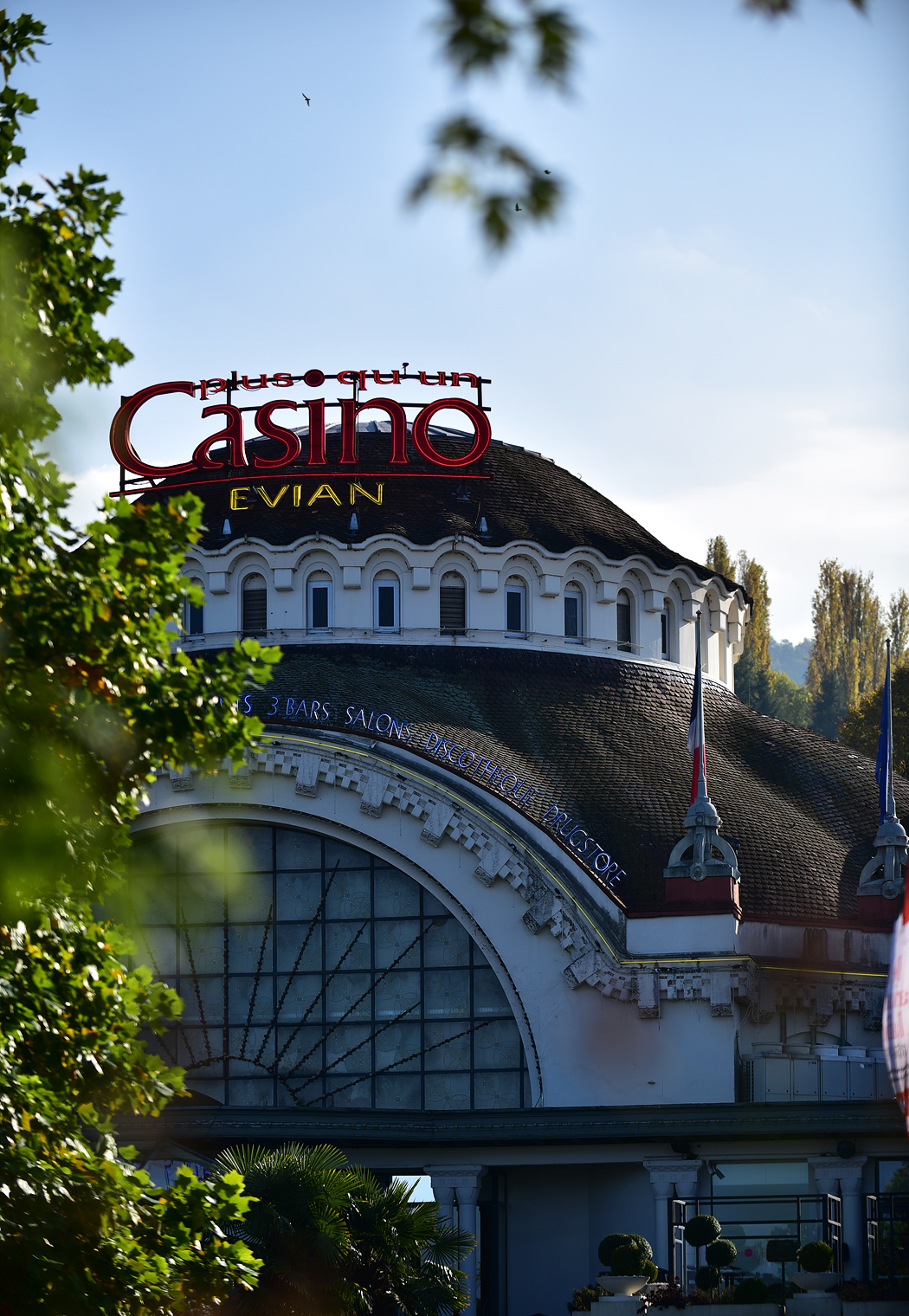
Gambling games have long captured the interest of individuals around the globe, becoming an integral part of both entertainment and society. From the shimmering lights of Las Vegas to the engaging experience of online gaming, these activities evoke excitement, uncertainty, and sometimes even a sense of remembrance. They are beyond just pastimes; they have woven themselves into the texture of society, influencing everything from movies and melodies to style and literature.
The appeal of casino games transcends the wagering aspect, tapping into wider themes of serendipity, risk, and human behavior. As players convene around a card table or rotate the roulette, they engage in an ancient ritual that connects with our shared desire for adventure and uncertainty. This fascination has led to the rise of many references in movies, tracks, and gaming, showcasing how deeply entrenched these activities are in pop culture. Whether it is the intense drama of a legendary caper or the vibrant nightlife portrayed in music videos, casino games have established a substantial place that reflects our bond with risk.
Social Significance of Casino Activities
Gambling activities have played a crucial role in social aspects throughout the ages. Originating from old civilizations, forms of chance were often linked to rituals or events. For instance, early forms of gambling can be linked back to ancient Chinese and the Roman Empire, where die games and wagering on results were common pastimes. These games not only served as leisure but also as methods of social interaction, facilitating connections among individuals within societies.
As cultures evolved, so did the complexity and organization of casino games. The creation of official casinos in the 17th century, particularly in the Italian region, marked a significant shift in how games were perceived and organized. With specific spaces for gambling, the casino became a social hub where people from various backgrounds gathered. This change contributed to the legitimization of the industry, transforming it from a mere pastime into an organized industry that shaped the economy and regulations.
The effect of gambling games on mainstream culture cannot be understated. As they were brought into the limelight in books and film, games such as Texas Hold’em and blackjack became icons of chance, chance, and tactics. Famous characters and narratives have developed around these activities, reflecting societal views towards fortune, wealth, and immorality. This interest with casino games has permeated various forms of entertainment, cementing their place in the public imagination and linking them to broader cultural stories throughout the ages.
Depiction of Gambling Games in Entertainment
Gambling games have long been a popular theme in different types of entertainment, reflecting both the thrill and intricacies of gambling culture. Movies such as Ocean’s Eleven and Casino Royal portray figures who navigate dangerous scenarios, showcasing not only the attractiveness of the gambling environment but also the methods and judgments that come with playing popular games like Texas Hold’em and 21. These movies often dramatize the thrill of winning and the potential repercussions of losing, encapsulating the perils involved in gambling.
Television shows have also explored the universe of casino games, often integrating them into the plot as a backdrop for character arcs and drama. Series like Las Vegas depict the stories of casino workers and customers, highlighting the dynamic, often tumultuous energy of the casino floor. Docuseries featuring intense betting contests further emphasize the fascination of casino games, drawing viewers into the tension and strategy involved in each session. Through these depictions, media not only entertains but also prompts conversations about luck, expertise, and the essence of randomness.
Gaming have increasingly included casino games into their development, allowing players to simulate the feeling of gambling without financial risk. Titles within the landscape of digital gaming often include virtual slots, poker, and other popular casino games, creating an engaging environment that mirrors traditional gambling. These virtual portrayals make casino games accessible to a worldwide viewer base, appealing to both players who indulge and those who enjoy the thrill of virtual experiences. As a consequence, the portrayal of casino games in entertainment continues to shape public perception and cultural significance, highlighting their place in entertainment and culture.
Effect of Casino Games on Society
Casino games have a significant impact on communities, influencing various facets of culture and interpersonal behavior. They often function as a platform for social interaction, where people come together to experience a shared experience. Casino trips with friends or visits to casinos become group events that build connections and create memories. best non UK casino This communal aspect boosts the fun value of gambling activities, making them a favored choice for festivities and recreational pursuits.
Moreover, gambling activities have been portrayed in numerous movies, television shows, and literature, shaping views and attitudes towards gambling and gaming. Icons like James Bond playing baccarat or the high-stakes poker scenes in films have embedded these games in the shared imagination. This representation often glamorizes the lifestyle associated with casino activities, attracting new players and impacting trends in both style and conduct. These portrayals can spark curiosity and lead to a more profound investigation of the nuances of gaming.
However, there are also negative implications linked to the widespread appeal of gambling activities. The allure of quick monetary gain can lead to problem gambling and financial troubles for some people. The community must grapple with these issues, promoting responsible gaming and education of the risks involved. Balancing the entertainment value of gambling activities with the potential for harm is crucial to ensure that they continue to be a positive aspect of our societal fabric.
